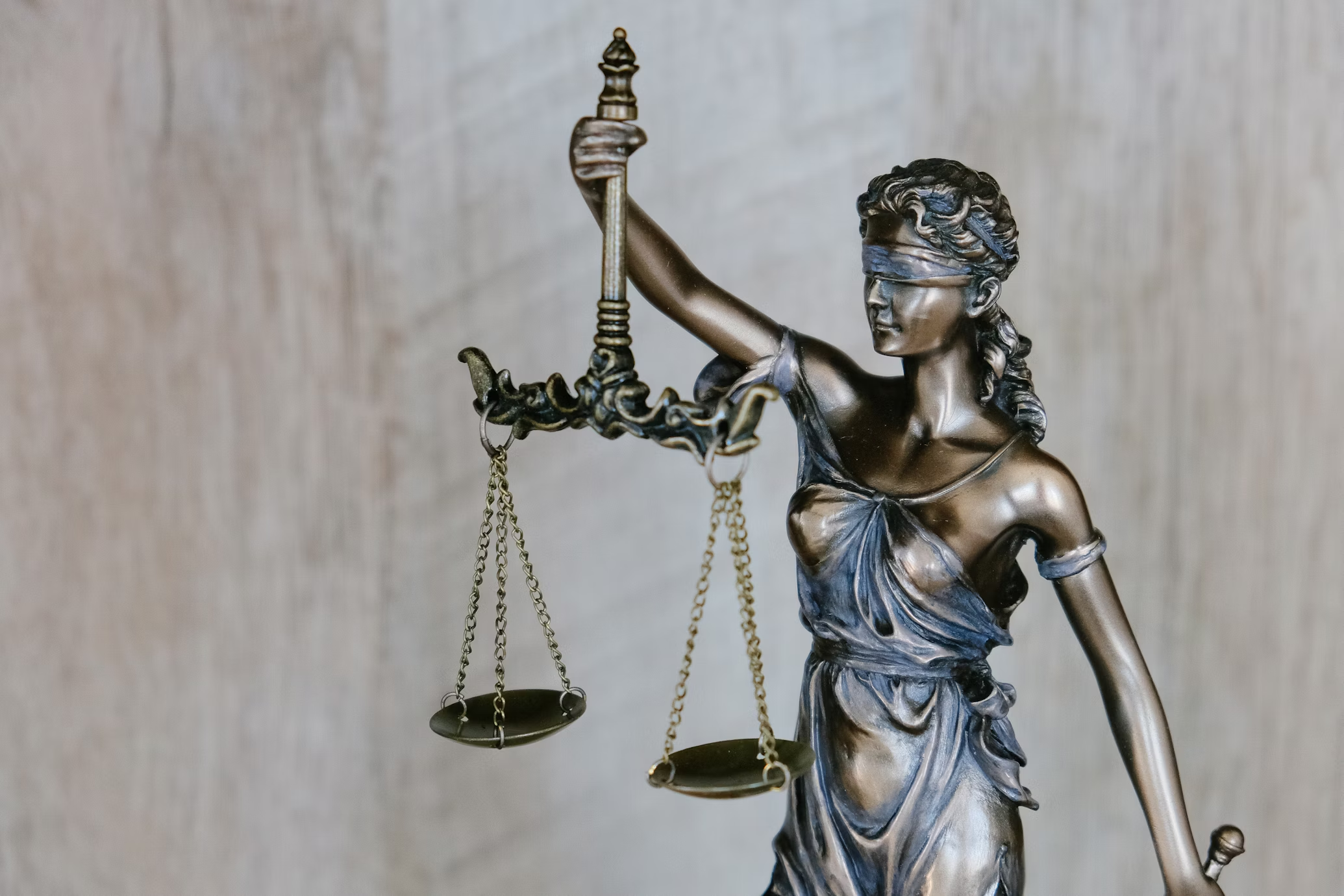The foundation of a robust legal strategy, especially in high-stakes fields like Road Construction Arbitration or complex corporate litigation, rests on a deep appreciation of legal precedents. Understanding how courts apply previous decisions (case law) is essential for predicting future outcomes, mitigating risks, and developing winning arguments.
Understanding Legal Precedents: The Bedrock of Strategy
Legal precedents form the foundation of our justice system. Understanding how courts apply previous decisions helps predict future outcomes and develop stronger legal strategies. For specialists in infrastructure disputes, knowing the Supreme Court's latest stance on the scope of arbitral awards is not just academic; it is critical for litigation success.

Key Principles of Precedent (Stare Decisis)
The principle of stare decisis—"to stand by things decided"—is the core tenet ensuring stability and fairness in the common law system. Lawyers must master its application:
- Stare Decisis: The rule that lower courts must follow the rulings of higher courts (binding authority).
- Binding vs. Persuasive Authority: Determining which precedents must be followed (e.g., a Supreme Court ruling) versus those that are merely influential (e.g., a foreign court judgment).
- Distinguishing Cases: The skill of showing that a binding precedent does not apply because the facts of the current case are materially different.
For comprehensive coverage of how these principles apply in corporate settings, see our detailed analysis in Corporate Law Precedents in India and to see how we leverage this in court, read about our Effective Litigation Strategies.
"The beauty of the common law system lies in its ability to evolve while maintaining consistency through precedent." - Chief Justice Roberts
Practical Applications for Attorneys: Case Research
When researching case law, especially for complex matters like construction claims or contract interpretation, attorneys should focus on these three critical steps to identify the most authoritative and relevant precedents:
- Jurisdictional Hierarchy: Always prioritize rulings from the highest court with direct jurisdiction (e.g., the Supreme Court of India's ruling on a specific section of the Arbitration Act).
- Factual Similarities: The closer the facts of the precedent case are to yours (e.g., both cases involving force majeure clauses in EPC contracts), the more persuasive the precedent will be.
- Legal Reasoning Quality: Assessing the clarity and soundness of the ratio decidendi (the rule of law upon which a judicial decision is based).
To discuss how recent legal precedents affect your current commercial dispute or infrastructure project, connect with our specialized Dispute Resolution Team today.



